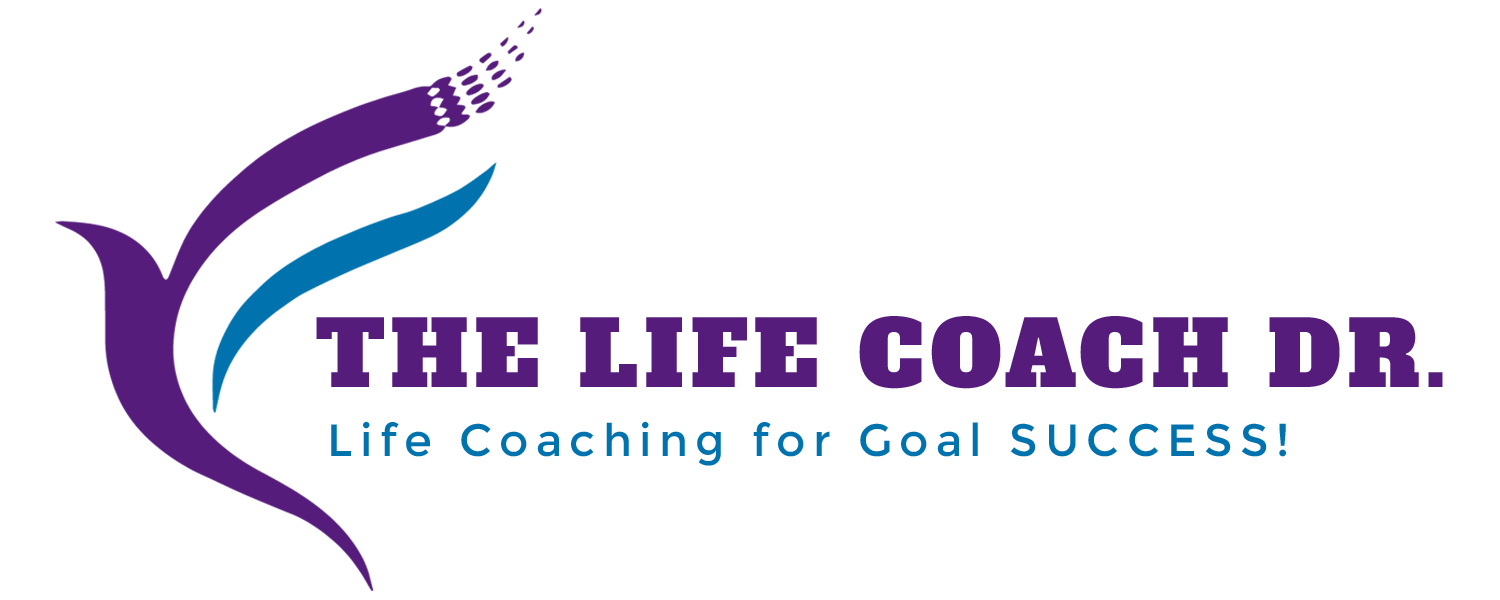8 Keys to Effective Stress Management
The following are Eight Keys to Manage Stress in your life. Using these keys in your life will unlock your inner doors to more peace, relaxation, and longevity for you–
1. LEARN TO RELAX: While this may sound almost too simple forbelief, go ahead and give it careful practice. Relaxation benefits not only your physical condition, but your mental and emotional states as well. Experiment to discover the ways of relaxation that work best for you.
2. BREATHE DEEPLY & RHYTHMICALLY: Breathing … now how tough is that? You may find it surprising that many people do not breathe in a relaxing, stress-reducing way. Stress-reduction breathing is deep and regular, with the inhale and exhale approximately the same length. Often people breathe shallowly, or unevenly, or they hold their breath. If you start to pay attention to others’ breathing patterns, you can easily see this. If you start to pay attention to YOUR OWN breathing patterns, you can easily become aware of this, too. Breath draws in vital oxygen, which is required by each cell to stay strong and healthy. It strengthens your physical, mental and emotion energy. It allows you to “let go” of tension and pressure. Your breathing is a physiological function that is with you each and every moment … and breathing deeply, in an unstressed fashion, costs you nothing — it is free!
3. FOCUS ON THE POSITIVE: When a situation occurs, concentrate on all of the positive interpretations you can make for that situation. Consider all of the positive outcomes that could occur. Let your imagination get wild! For any situation that occurs, there are a magnitude of ways you can think. By purposefully selecting a positive way, you automatically relax and feel more optimistic within. If you find this hard to do, you need to practice doing it much, much more.
4. TAKE CARE NOT TO OVERREACT: Chronic overreaction to not only life’s emergencies, but also life’s everyday situationstake a toll on your physiological system — on your heart, your arteries, your whole body. Overreaction utilizes resources that you could highly benefit from using in other ways. One way of putting life’s situations into perspective is to ask yourself, “How much is this going to matter in a year?” For most things, you could easily amend this to “How much is this going to matter in a week?” The things that seemed so upsetting often are forgotten in a brief time … to be replaced by something equally upsetting that will be forgotten in a brief time … to be replaced, etc.
5. LEARN TO SAY, “NO”: This is a safeguard against trying to do more than is realistically — and healthfully — possible. It is also a safeguard against doing more than is realistically possible because others request or demand it of you. You are the one in charge of your own well-being. If you do not take care of you, no one else will. You — and you alone — are the one that has been given the responsibility of safeguarding YOU. You will do yourself grave disservice to ignore being accountable for being good to you.
6. PRACTICE SAYING, “NO” AND FEELING GOOD ABOUT YOURSELF AND THIS CHOICE: Sometimes people think that it is selfish to care for themselves. Do you think that this is so? Were you taught as a child to be giving and selfless. These are admirable traits, traits that this world needs more of. However, to do for others at the detriment of your own health — mental and physical — will never make the world a better place. When you do things because others pressure you to do them, it is a good way to build resentment. Resentment kills relationships faster than anything else that I know of. Helping others only when you have the energy and reserve to do so will preserve the relationship with these others, as well as be a life-saver to you.
7. SET REALISTIC EXPECTATIONS: Stresses that derive from guilt and perfectionism are stresses that we each place on ourselves. They arise from unrealistic expectations. A good question to use with yourself in this regard is, “Am I taking on more than I can reasonably handle?” Then, if the answer is “yes,” you might further question yourself regarding why you are doing this. If your reason is you pressure yourself to do things perfectly, examine this habit. A more realistic prospect is to aim for excellence, to aim for doing a good job. As humans, we are incapable of perfection. To pressure yourself to reach this takes a toll on your mental and physical health. When you accept excellence in doing a good job, you getthe best of both worlds — an excellent accomplishment PLUS increased good health.
8. CREATE GOOD FRIENDSHIPS: Having close relationships with persons you can confide in, reduces stress and increases emotional satisfaction. Having social support from other human beings whom you can count on in times of uncertainty allow you to live in a more relaxed, confident fashion.
No matter what might arise, when you have friends, you can rest assured of having whatever assistance you might need. And, reciprocally, you have the emotional peace of mind of knowing that the help you are able to give is appreciated.
One final word about building the skills to deal successfully with stress: It takes practice. Just as with building proficiency with any other skill, stress-management skills get easier and more effective with repetition. Using this principle, you can see why it is so essential to practice, Practice, PRACTICE!

